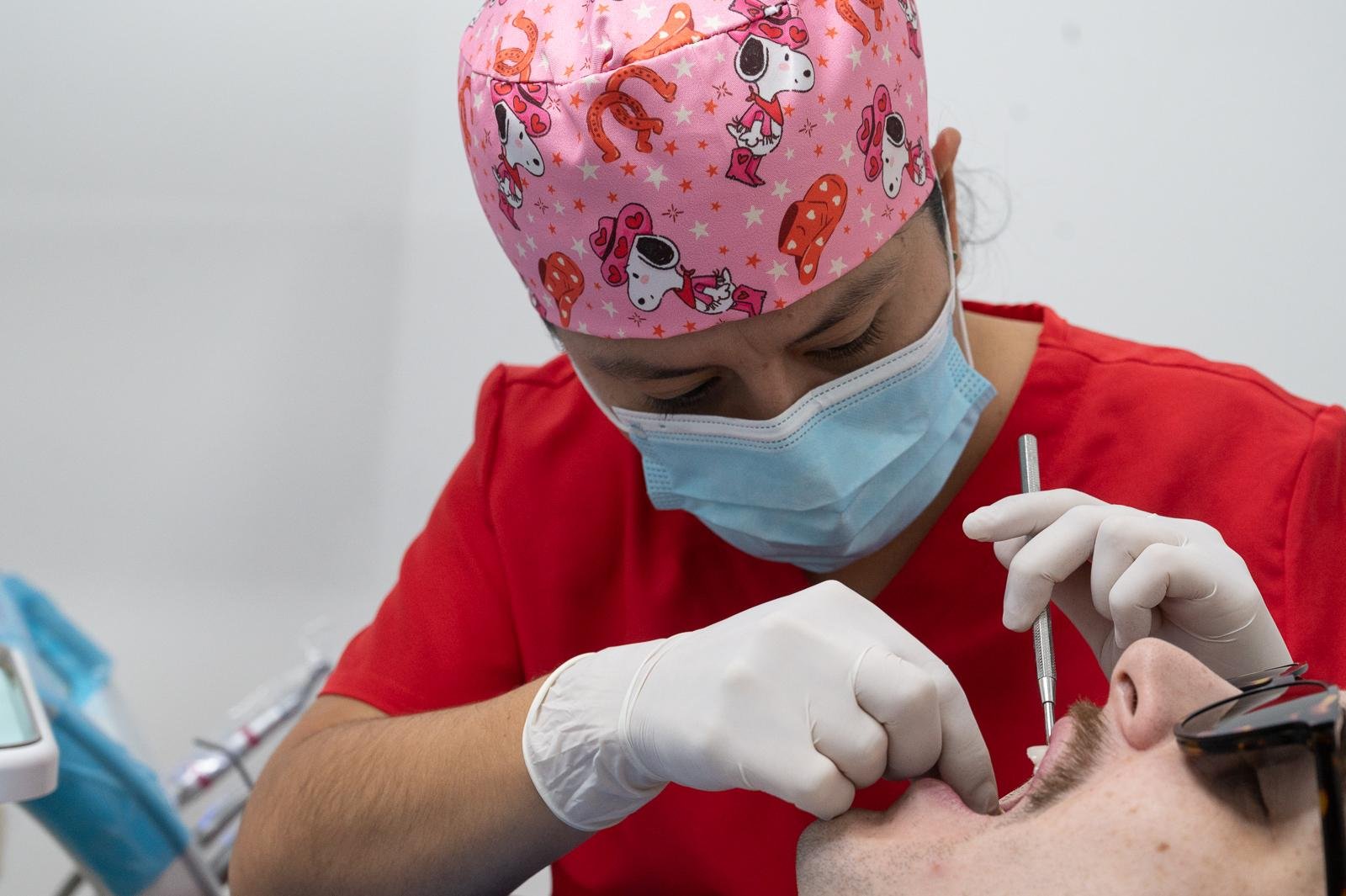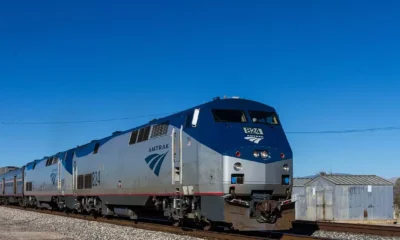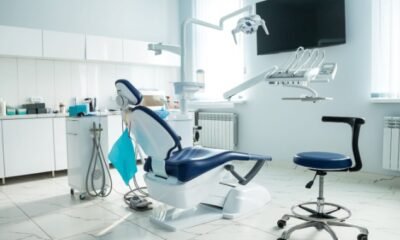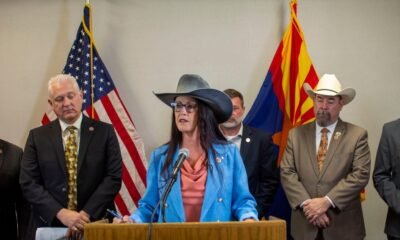border
Arizonans Brave Border Uncertainty for Essential Dental Care in Mexico

Significant changes are unfolding at the U.S.-Mexico border amid heightened immigration policies. Since January, the Trump administration’s halt on processing asylum claims has been instrumental in this shift, resulting in a 93 percent drop in migrant encounters reported by U.S. Customs and Border Protection. This crackdown has transformed the dynamics in border towns like Nogales, Sonora, where shopkeepers are now witnessing a surge of deportees rather than the usual tourist crowds. In response to evolving conditions, Mexico has also implemented a permit requirement for foreign travelers in select regions.
These developments have rendered the border situation increasingly uncertain, yet daily life continues. For many, including Americans seeking affordable dental care, the trip across the border remains a routine endeavor.
Nogales is a well-established destination for those seeking dental services, conveniently located just 70 miles from Tucson. Numerous clinics in the city offer services ranging from braces to implants and whitening, often at prices significantly lower than those in the U.S.
At Arizona Dental, situated less than 500 feet from the Nogales border crossing, approximately 99 percent of patients hail from the United States. On a recent Friday afternoon, many visitors wore University of Arizona apparel, contributing to the familiar atmosphere.
However, Dr. Gibran Adrián Rivera Prado, an oral surgeon at the clinic, noted a decline in patient numbers. “Many patients express their fears about long lines and permit requirements,” he stated. “It’s concerning, to be honest.”
Concerns have been amplified by recent changes in border policy, particularly in Los Algodones, known for its dental tourism. The introduction of travel permits in March resulted in lengthy wait times for Americans trying to enter Mexico.
Mark McMahon, a former dentist who operates Coyote Dental in Tucson, provides assistance for Americans seeking dental treatment across the border. He claims the wait times in Nogales have not increased significantly and that no permits are needed for entry at this location. During a recent visit, Mexican immigration officials appeared preoccupied with their phones, suggesting a more relaxed atmosphere.
Despite some apprehension among potential patients, McMahon reports a rise in new clients. He remains optimistic about the possibility of navigating any new permit requirements. “Filling out forms online is not a big deal,” he said. “We’ll adapt.”
McMahon, who considers himself the “Tooth Truth Ambassador,” ventured into this field after his dental license expired following a trip across South America. His experiences as a patient revealed the high-quality care and affordable prices available in Mexico, prompting him to facilitate dental appointments for others.
Coyote Dental books roughly 60 patients a month, operating on a commission basis from dental providers rather than charging clients directly. In Mexico, dental prices can be up to 70 percent lower than in the United States. For instance, a crown that costs $2,000 in Tucson is priced at only $450 in Nogales, while basic cleanings might begin at $45.
This price disparity largely stems from lower operational costs in Mexico, including rent and labor. Unlike their U.S. counterparts, dentists in Mexico are not burdened by expensive malpractice insurance.
McMahon criticizes the American dental model, stating, “It prioritizes profit over patient care, often placing financial gain above service.” This has left many Americans, particularly those without dental coverage, seeking alternatives.
According to the Centers for Disease Control, over a third of Americans have not visited a dentist in the past year. Arthur, a Tucson resident, turned to Nogales to manage a problematic root canal that he humorously described as “old enough to vote.”
Faced with swelling and fever, Arthur realized the urgency of his situation. “The reality is that the dental work I need is extremely expensive in the States,” he lamented. “Right now, five figures worth of treatment just isn’t possible.”


















